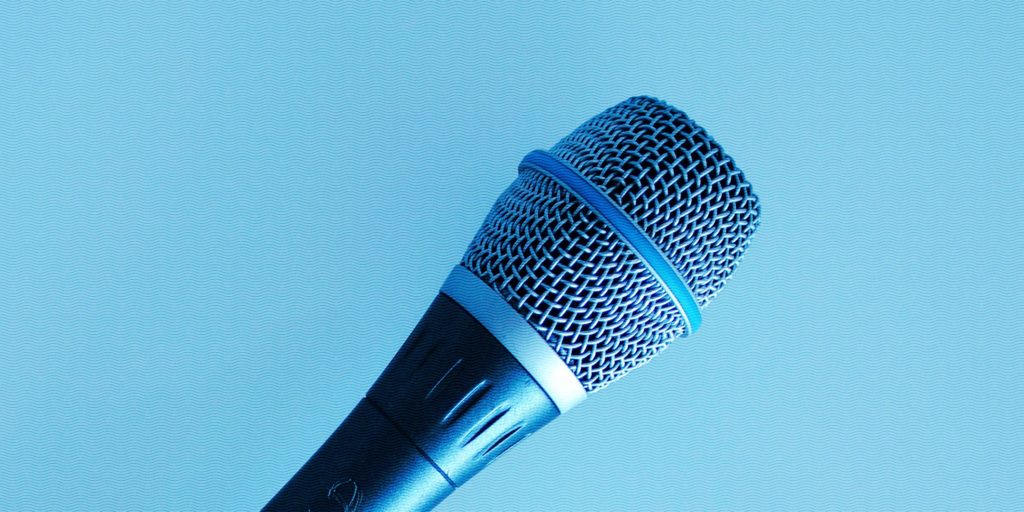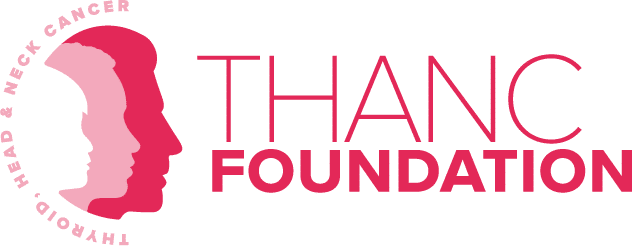
When I was first diagnosed with floor of mouth cancer in 2003, I was in a period of transition. I had just retired from working in sales and my mother had recently passed away. The uncertainty of my new life coupled with my diagnosis left me in a state of shock. It wasn’t what I envisioned my life would be like after I finished working. Although surgery a month later supposedly cleared the cancer, I was still dealing with many of the complications that arose after surgery. Primarily I had trouble swallowing and there was a burning sensation under my tongue that wouldn’t go away. It resembled how your tongue feels after burning it on a hot piece of pizza! Looking back at it, this was a small bump in the road compared to the rest of my journey.
I felt relatively reassured that I was over the hump, and that the worst of it was over
In 2004, a swollen neck mass led to my second cancer diagnosis. Following surgery, I underwent 37 sessions of radiation and 5 sessions of chemotherapy. Even after all this I was dealing with my new reality pretty well as I regularly went in for follow-ups. Then in 2006 I was diagnosed with tongue SCC, which would mark the hardest portion of my cancer journey. After they removed a piece of my tongue, I was left with a speech impediment and an inability to swallow the majority of food. I had a feeding tube put in in order to maintain my necessary nutrition.
Although having a feeding tube was difficult, the inability to communicate scared me the most. I had been an extremely independent woman my whole life, and I hated the thought of having to rely on other people. Through constant exercise I pushed myself as hard as I could to restore some of my speech, but it was still difficult and often awkward to communicate with those around me. The first thing I always tell people is that I have a speech impediment. I’ve found that people are more willing to listen and often feel less pressure to understand you if you break the ice.
Through a website called Web Whispers I came into contact with a support group filled with laryngectomy patients that met once a month. By surrounding myself with people who were going through many of the same hardships, I was able to regain some of my confidence. While I went through periods of pain and mishaps, I felt relatively reassured that I was over the hump, and that the worst of it was over. A new primary cancer on my tongue in 2018 changed all of that. I was twelve years older than I was when I had my first tongue surgery. So, recovery was even harder this time. I was losing weight by just taking liquids orally, so I opted to have a feeding tube to regain my strength and stamina.
…the more you know about what you are facing, the better off you are
I was used to being my own support network since I live by myself and this experience only made me a more independent person. I come from a family of strong women who have also gone through health issues. Their guidance along with my faith became my constant source of inspiration through my journey.
When I was first diagnosed, I wanted to know as little as possible about the journey I was facing. I didn’t do a good job seeking the best care or the information available to me. Looking back, I believe that was my biggest mistake. I wish I had been more proactive. The doctors that I first went to did not offer the complete support that I truly needed. I learned that the more you know about what you are facing, the better off you are—both physically and psychologically. When I think back on my cancer journey, I honestly don’t see it as a negative part of my life. Although it may be hard for some people to believe, I would never trade the lessons I’ve learned, experiences I have had and the people I have met on this journey.
30 Stories in 30 Days
April is Oral Cancer Awareness Month. For the next 4 weeks, we will post stories written by cancer survivors, caregivers and friends for our 30 Stories in 30 Days campaign. We hope their perspectives and insight will help others along their journey.


